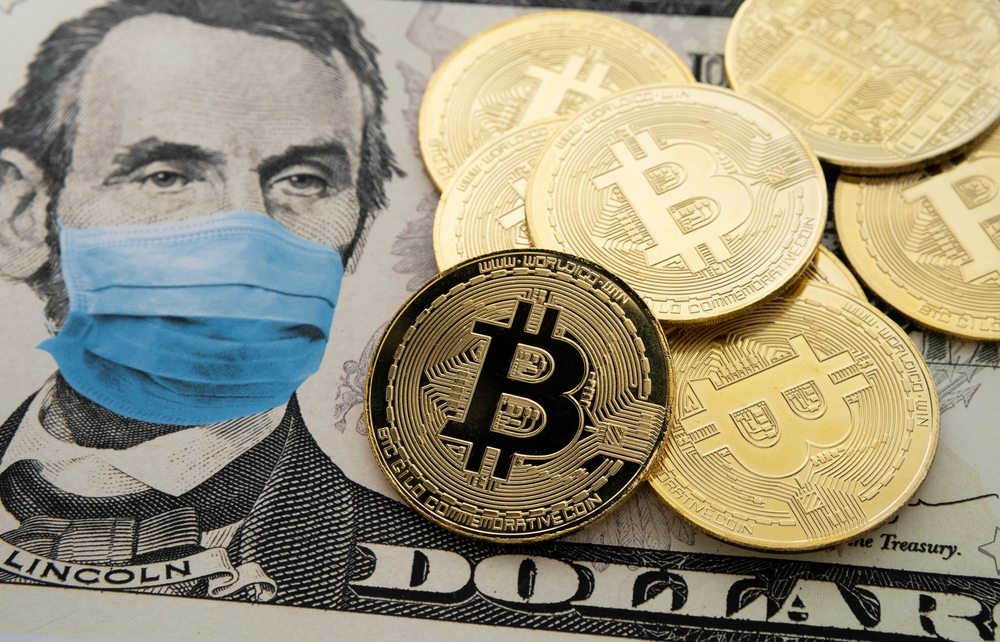As the FTX implosion effect continues to keep regulators on their toes, the Netherlands government, through the Dutch central bank, De Nederlandsche Bank (DNB), is monitoring the crypto market in the country. Accordingly, the government has detected that KuCoin, using MEK Global Limited (MGL) as a front, is illegally operating in the country.
Dutch Government Single Out KuCoin Crypto Exchange
According to the government, KuCoin has no operating license in the Netherlands to offer crypto services in the country. As a result, the DNB disclosed that MGL is not complying with the country’s Anti-Money Laundering and Counter-Terrorism Financing Act.
However, DNB noted that KuCoin users had not violated any laws, despite the soaring risk of money laundering and terror financing. Thus, KuCoin and its parent company must comply with the nation’s regulations applicable to other regulated crypto service providers.
Furthermore, some of the digital asset service providers already approved in the country include Bitonic B.V., Bitstamp Europe S.A., Bitmymoney B.V., BTC Direct Europe, and others.
According to the country’s law, registered crypto service providers can exchange fiat currencies like Euros and USD for cryptocurrencies. In addition, crypto exchanges in the Netherlands can also offer custodial wallet services to customers in which they help these customers store their virtual assets.
KuCoin And Market Regulation
According to reports, KuCoin crypto exchanges track daily market trading volume with verified reserve data. Established in 2014 as a centralized exchange registered in Seychelles, KuCoin has recorded rapid growth over the past few years.
The company currently provides digital asset trading services for 732 coins with 1273 trading pairs on its platform. Meanwhile, KuCoin has recorded a trading volume of over $3 million with an active trading pair of BTC and USDT.
The firm has expanded and operates in over 200 countries with over 20 million users worldwide. However, with competition from top crypto trading platforms like Binance and Coinbase, KuCoin’s move to expand its global reach has been disrupted.
Besides this, global regulatory scrutiny against centralized exchanges (CEXs) like KuCoin for fear of another FTX-like implosion has dramatically shrunk the exchange’s growth. Due to these developments, a proper crypto regulatory framework will play a critical role in the mainstream adoption of crypto assets in the coming years.
Even large fintech firms with millions of users are not without intense scrutiny from authorities, as the FTX collapse has led to another round of stringent enforcement.
With the ongoing hostilities between Russia on the one hand and Ukraine along with its allies in the west, the crisis will primarily hinder a uniform crypto regulation. Nevertheless, some countries like El Salvador and the Central African Republic have already adopted Bitcoin as a legal tender.
Others, like Brazil, are already using digital assets as a means of payment for goods and services. As the crypto industry continues its capitulation following the FTX debacle, the call for global crypto regulations will continue to be heightened.
